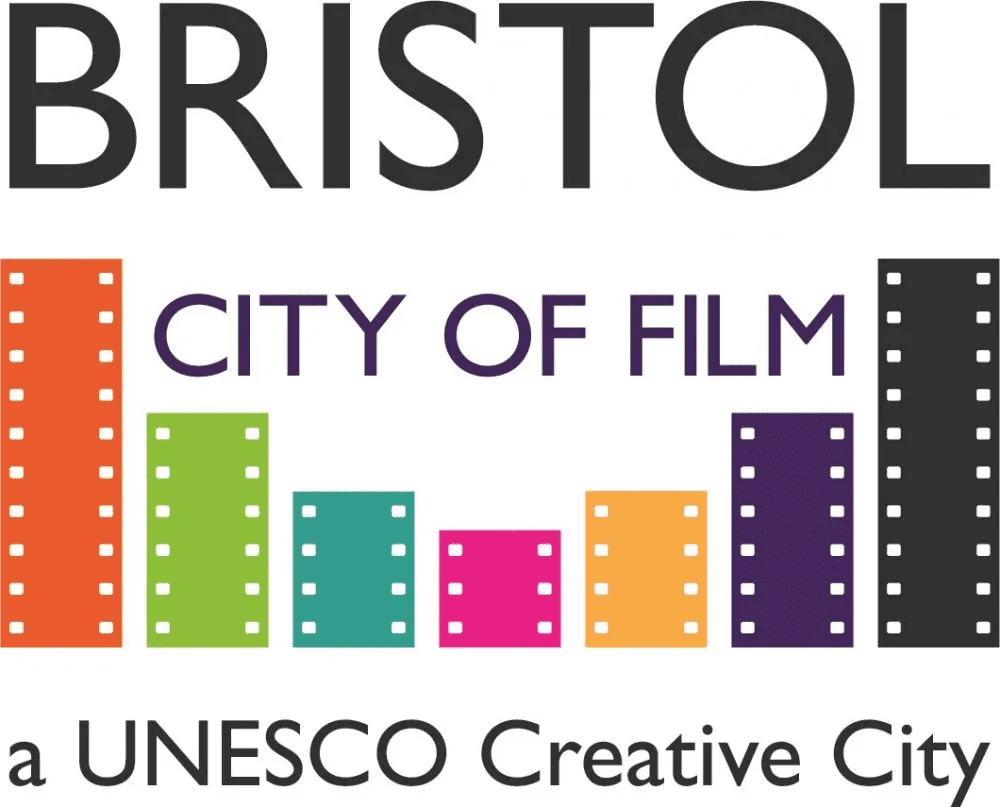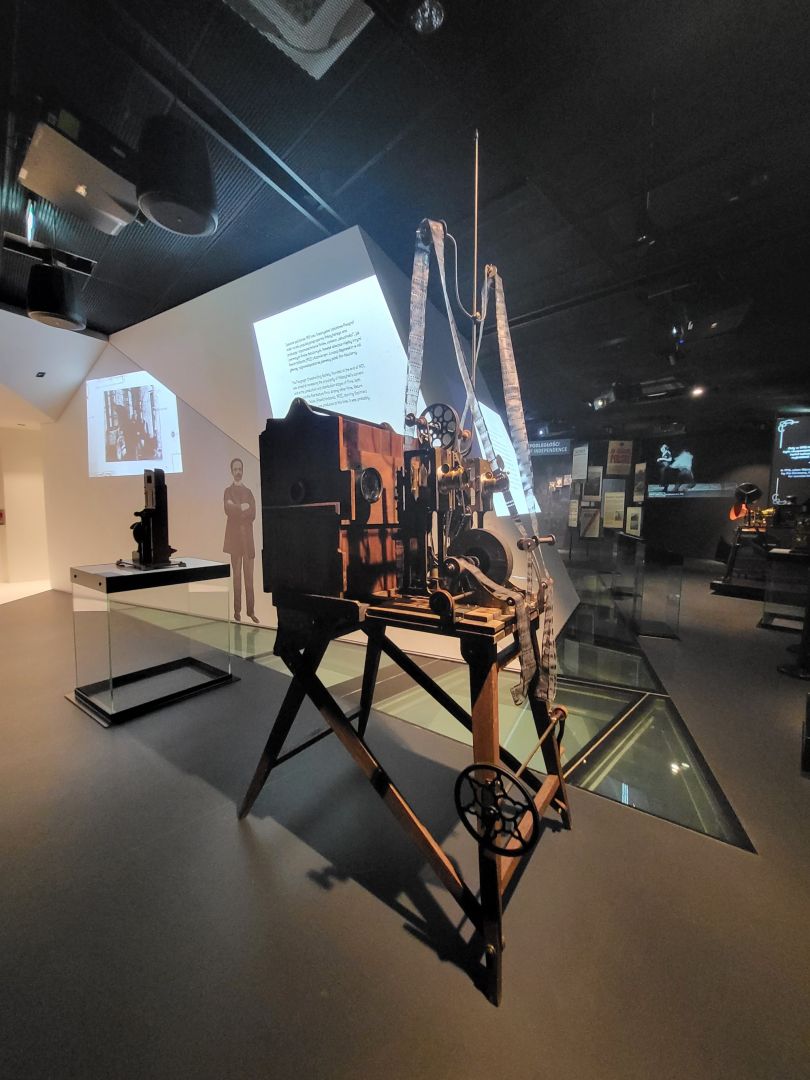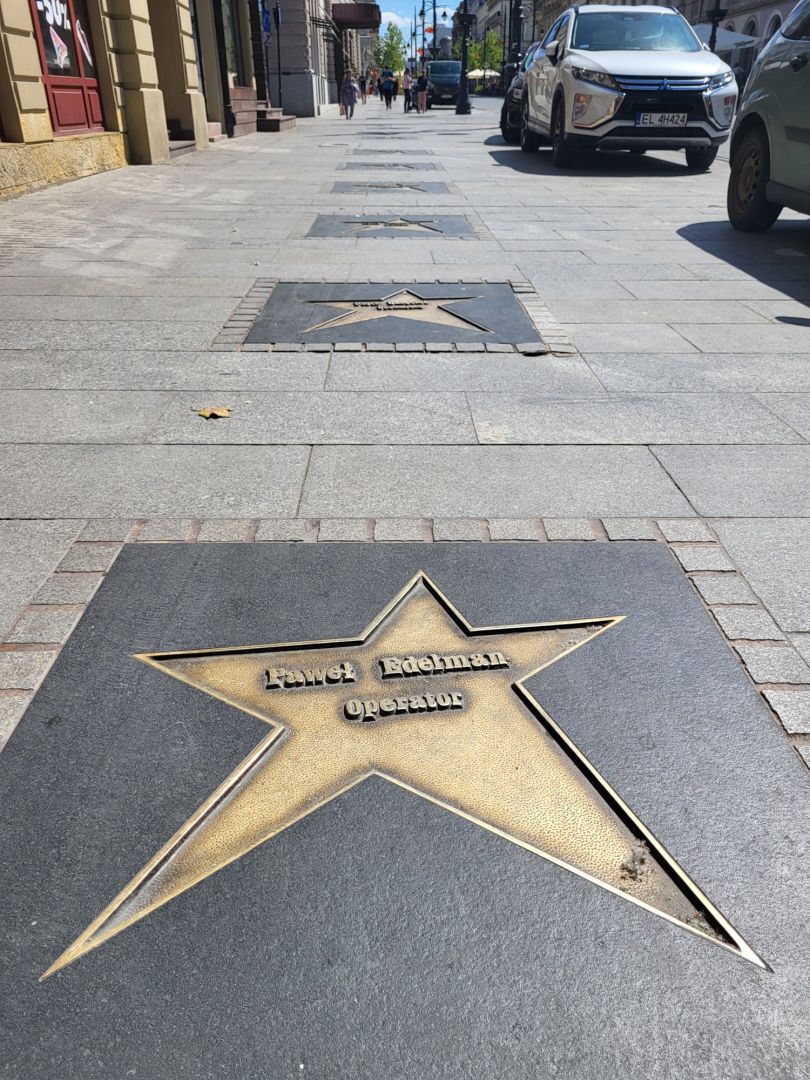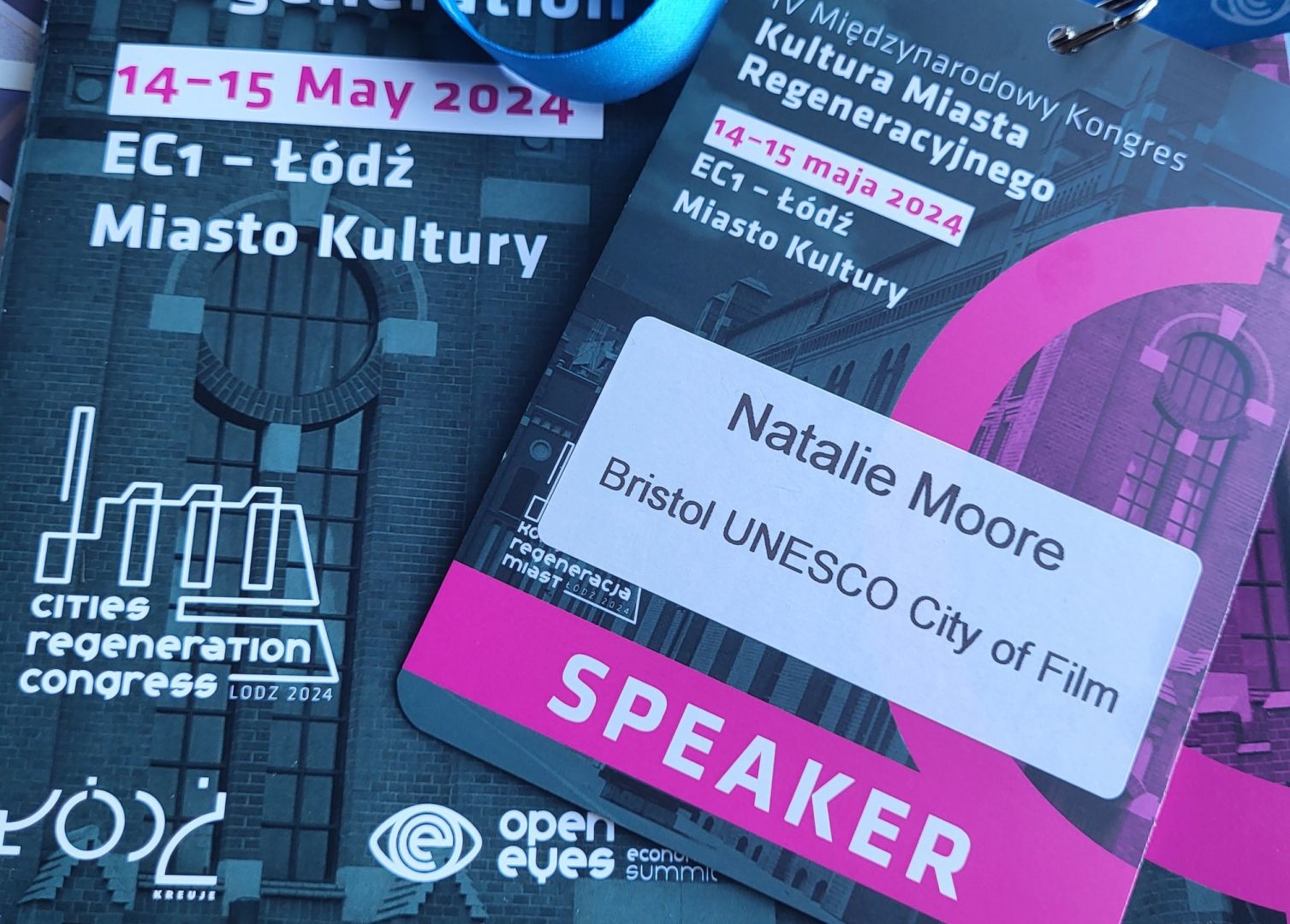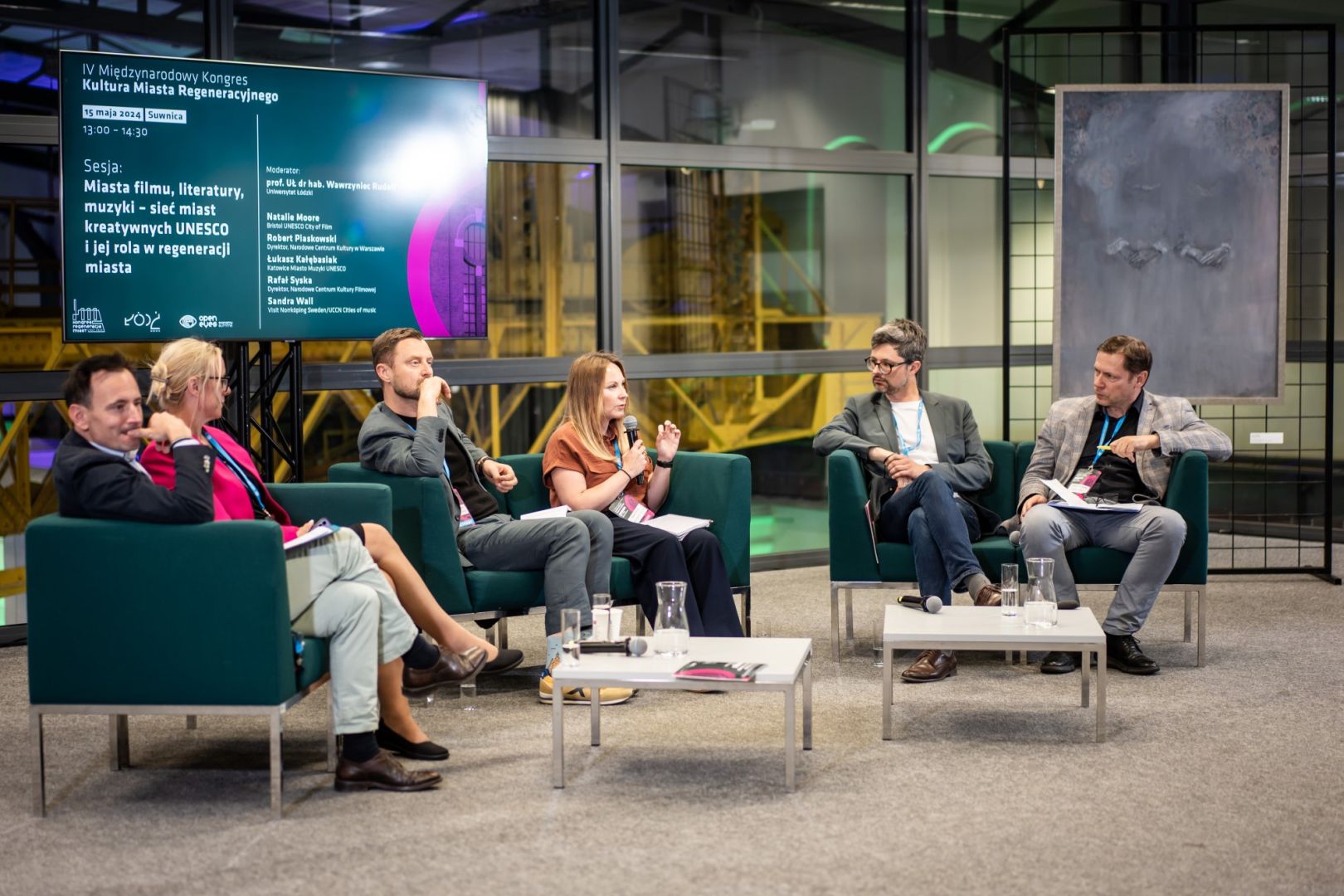 Bristol UNESCO City of Film Manager Natalie Moore (pictured) recently travelled to the Polish city of Łódź , our fellow UNESCO City of Film, to take part in the International Congress for Culture and the Regenerative City (14-15 May 2024).
Bristol UNESCO City of Film Manager Natalie Moore (pictured) recently travelled to the Polish city of Łódź , our fellow UNESCO City of Film, to take part in the International Congress for Culture and the Regenerative City (14-15 May 2024).
Here, she describes experiencing the city’s film highlights and hearing more about how UCCN members are harnessing their designations to encourage urban regeneration.
I’ve been keen to visit Łódź since Bristol joined the UNESCO Creative Cities Network. Like Bristol, Łódź was designated a UNESCO City of Film in 2017.
Home to the world-renowned Łódź Film School and its prolific list of award-winning alumni (Krzysztof Kieślowski, Roman Polanski, Andrzej Wajda, Hoyte van Hoytema, Łukasz Żal), it’s steeped in cinematic history. Nicknamed HollyŁódź, the city streets have been the backdrop for many Polish and international films, with directors including Pawel Pawlikowski, David Lynch, and Peter Kassovitz inspired by its historic and post-industrial architecture.
More recently, Łódź has become home to the Polish National Centre for Film Culture; recognising the city’s leading role in the development of the Polish film sector. The Centre houses three-stories of permanent exhibitions exploring Poland’s rich cinematic history, as well as state of the art cinema screens and interactive exhibits demystifying the filmmaking process and screen-based career pathways for younger generations.
- Polish National Centre for Film Culture
- The HollyŁódź Walk of Fame
There’s a strong sense of public pride in Łódź’s cinematic legacy. On day one of my visit I receive a tip-off from my counterpart for Łódź UNESCO City of Film, telling me that Łódź native and film school alumni, Jerzy Skolimowski, is to receive a star on Łódź’s very own Hollywood Walk of Fame that afternoon. The sun’s shining and the crowd of public and press at the event on Piotrkowska Street is buzzing, everyone trying to catch a glimpse of the city’s Hollywood royalty.
My visit was made possible because of our cities’ shared UNESCO City of Film status. Łódź was playing host to the International Congress for Culture and the Regenerative City, with a session dedicated to discussing the role of UNESCO Creative Cities in supporting urban regeneration.
On the surface of a UNESCO title, it may seem as though it’s just a badge for the city to hold, but beneath the prestige there are ambitious work programmes that each UNESCO Creative City develops to make the UNESCO designation as impactful and meaningful for the city as possible. I was invited as a panellist to share Bristol’s experience of using the UNESCO City of Film work programme to support city regeneration.
I’m joined by UCCN Focal Points from Katowice UNESCO City of Music, Norrköping UNESCO City of Music, and representatives of University of Łódź, the National Centre for Culture in Warsaw and the National Centre for Film Culture in Łódź. As UNESCO Creative Cities, we are united under a commitment to prioritise culture and creativity as a driver for sustainable city development and the session is a chance to illustrate how our cities are using the designation in practice.
With an audience of policymakers, academics, and cultural leaders, it’s an opportunity to share flagship Bristol UNESCO City of Film projects that are supporting city regeneration aims. Projects like the West of England Film/HETV Workforce Development Programme, funded by the West of England Combined Authority Mayoral Priority Skills Fund and supporting 45 people from underrepresented backgrounds with industry-specific, new entrants’ training at The Bottle Yard Studios. Also, Bristol’s Summer Film Takeover 2023; a series of nine free film-based events delivered in partnership with creative and community organisations as part of the ongoing High Streets and City Centre Culture Events Programme. Both projects have come about through a determination to use the City of Film designation and work programme as a driver for inclusive change, social regeneration and economic prosperity.
- Natalie (centre) and fellow panellists at the International Congress for Culture and the Regenerative City
My fellow panellists also have captivating examples to share, discussing transformational library expansion and music education projects taking place in their cities, as well as global programmes like EQ, a gender equality project designed to raise the participation and opportunities for women (including gender non-conforming, transgender and intersex) entering or working in the music sector, developed through the UNESCO Creative Cities of Music Network.
Although my visit was short, it was so inspiring, as visits to fellow UNESCO Creative Cities always are. It was particularly enlightening to see how Łódź celebrates its prolific film heritage in its public spaces and to understand the high value Polish policy makers are placing on cultural activity as a key driver for urban regeneration and sustainability.
Now to start planning for a Bristol Walk of Fame!
